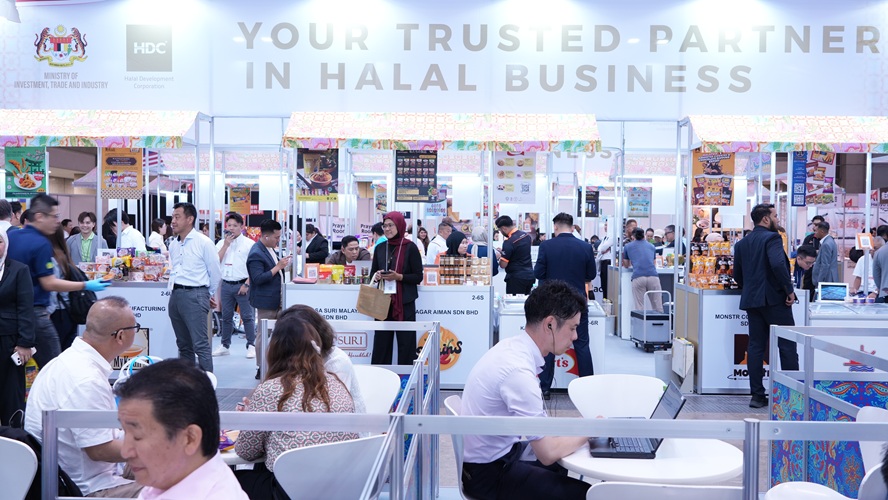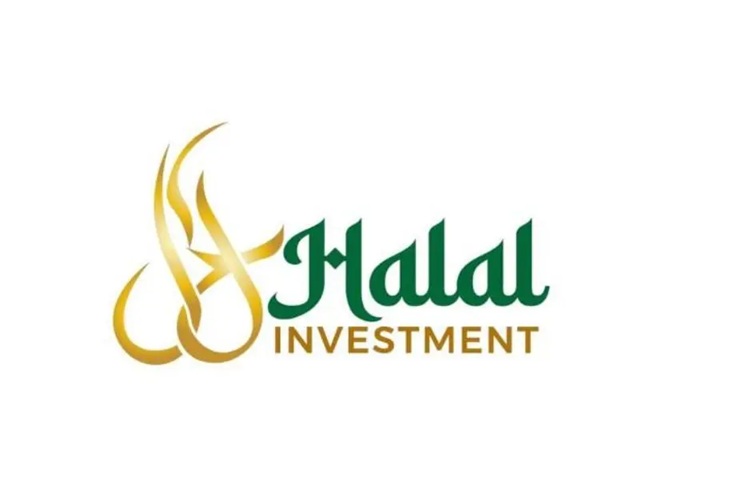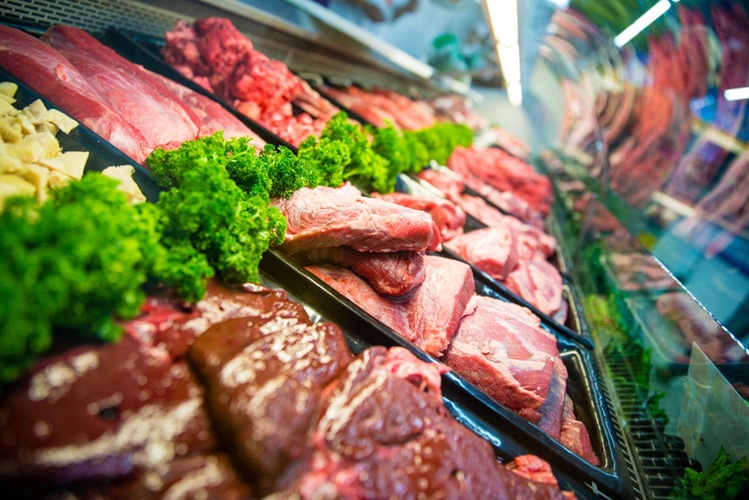 Beijing, (IANS) : Several provincial and local governments throughout China have subsidized Muslims’ purchases of halal meat this year.
Beijing, (IANS) : Several provincial and local governments throughout China have subsidized Muslims’ purchases of halal meat this year.
According to the State Ethnic Affairs Commission, the policy has sparked controversy over whether the State should subsidize religious observance, the Global Times reported on Thursday.
Halal meat subsidies were first instituted in Wuhan, Hubei province in 2012 as meat prices rose, and several cities in China subsequently adopted this policy over the past four years.
The subsidies vary in value across different regions and range from 10 yuan ($1.50) to 20 yuan per month per person.
People from 10 ethnic minority groups that customarily consume halal food – including the Hui, Uyghur, Kazak, Uzbek and Tajik groups – are eligible to receive the subsidy, according to on the commission.
“Lanzhou has provided the subsidy since 2015 following other cities, and the policy will continue in the future,” Kou Zhijun, the head of the economic department of the Ethnic and Religious Affairs Committee in Lanzhou, Gansu province, told the Global Times on Wednesday.
A total of 9,501 Muslims living on minimum subsistence allowances in Lanzhou received the 20-yuan monthly per-person subsidy in the first half of 2016, said Kou.
He noted that the policy was enacted following a rise in the price of beef and mutton and serves as a complementary measure to relieve poverty, as many Muslims live in impoverished rural areas.
“We have not received any complaints from non-Muslims about the government taking only the interests of ethnic minorities into consideration,” Kou added.
Although it is praiseworthy to subsidize people from ethnic minority groups who live below the poverty line, the subsidy should not be granted specifically to those following halal practices, Xi Wuyi, an expert on Marxism at the Chinese Academy of Social Sciences, told the Global Times on Wednesday.
“Giving subsidies to Muslims, instead of to ethnic minority groups, might strengthen their religious identity and also their separation from non-Muslims, which will hurt communication and integration between peoples of different ethnic groups,” Xi added.
Over the past several years, China has been studying whether to draft a law to manage the authenticity of halal food.
The drafting of a law on halal food was not listed in China’s legislative work plan for 2016 after proposed consideration of the legislation had met with mixed reactions from the public.





0 Comments